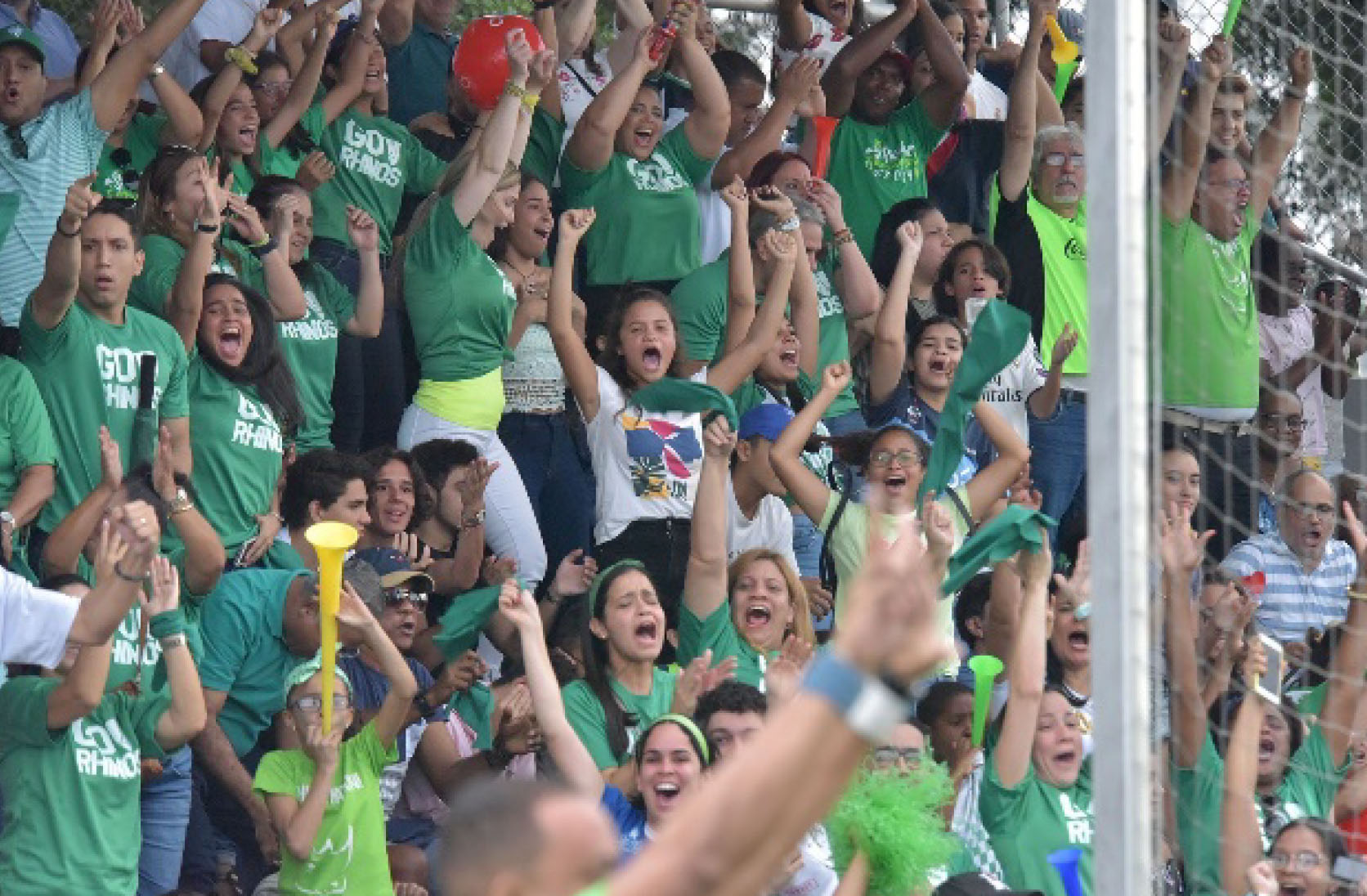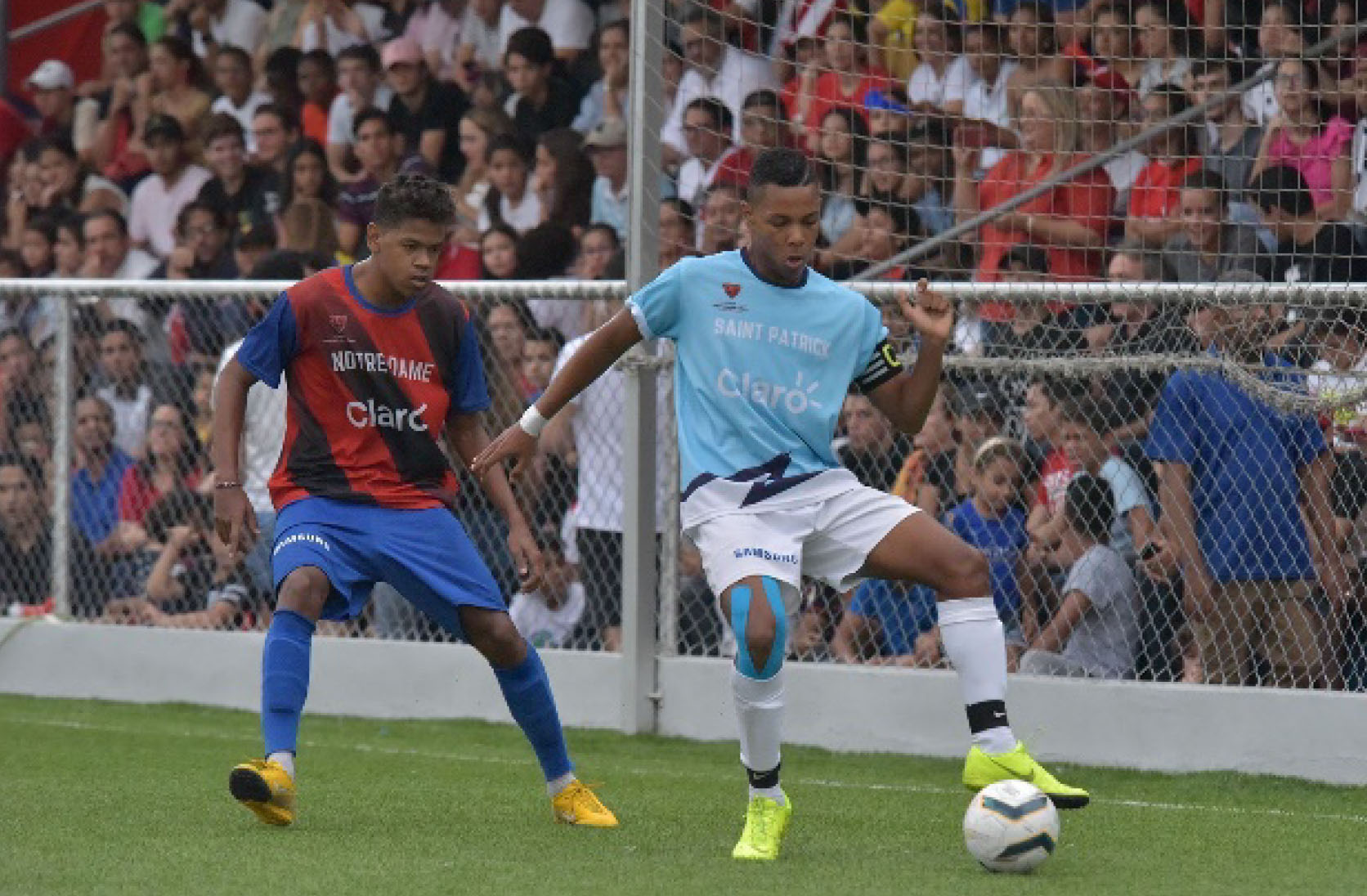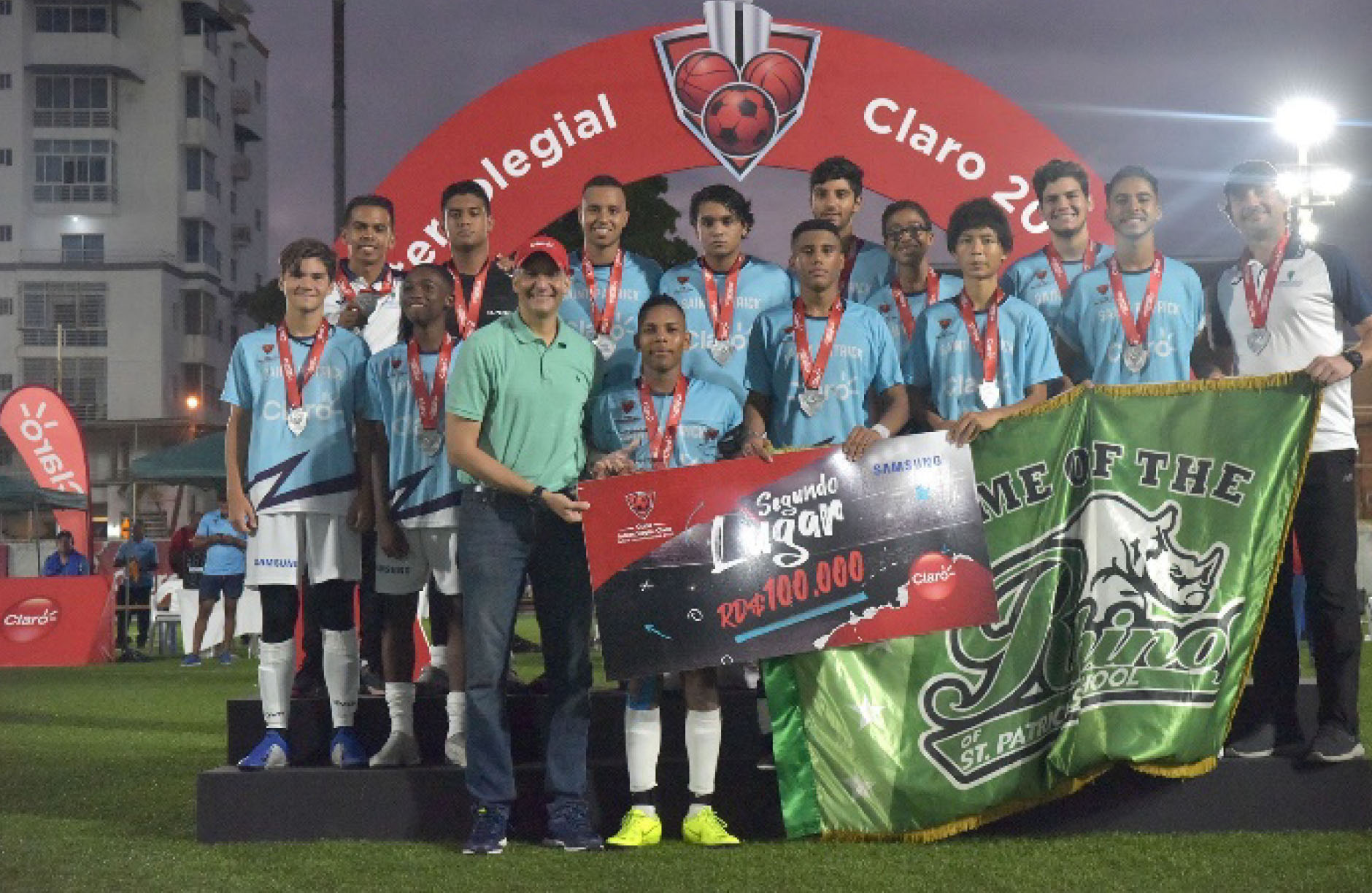Dominican Football
TOMOKIYO Kohei
Volunteer coordinator (Dominican Republic)

Baseball is, needless to say, the national sports of Dominican Republic. The national team became the champion in the 2013 WBC, and baseball is widely loved by the people from boys to seniors. The players aim at the Major League, there is the scouts’ network in the country, and many young players go across the ocean to chase after the American dream. I should mention that there is a baseball academy run not only by the Major League but also by Hiroshima Toyo Carp. In fact, the number of the Major League players from Dominican Republic, an island nation with the population of about 10 million is more than 100, which is the largest number outside the United States. It is overwhelming when you think the number of Japanese players is less than 10. (As of 2019)
In the Dominican Republic, where economic disparities are prominent, it is the hope of young people to change their lives with baseball, as in the case of football in Brazil and Argentina a long time ago.
I’d like to write about football, a minor sport in Dominican Republic. The country is ranked at 158th in FIFA ranking (as of December 19, 2019), and the domestic professional league has been launched in 2015 by only one division with 12 teams. I went and watched the Champion’s League CONCACAF (Latin America Caribbean Region) last year, but by all means it didn’t look exciting with only limited number of supporters.


Football is the minor sport, though, I was surprised to know that it was a major sport in private schools and international schools. Tournaments of 11-player type, futsal, or seven-a-side(society) games, big or small, are held all year around, sponsored by telecom companies, Coca Cola, major banks, and sports brands to provide uniforms and beverages for the players. The tournament sites are filled by families and friends, forming enthusiastic spaces.
The teams are small with elite players, since the number of students in private and international schools is small, while in larger-scale private schools, more than 100 players, including those in the elementary, middle and high school categories, are practicing football on a daily basis, which was impressive for me.
Although the level of players is not high, there are several football scholarship students in each school as in Japanese private high schools. Many of them are from low-income family, and it was impressive that their eyes are glaring compared with those of wealthy students. For those students, football is a tool for success because some students receive special treatments such as the full exemption of tuition fees for English education and the provision such as football gears.
At the beginning, I didn’t figure out the benefits to schools by strengthening football, a minor sport, by exempting high tuition fees, but I understood it after knowing each tournament generated the award that was much higher than students’ sports in Japan.
For example, at a futsal tournament sponsored by Claro, a major telecom company, with 64 participating schools and exciting games at sites, the winning school won the prize of 400,000 yen and each player was given a mobile phone, in addition to a trophy, certificate and medals. The school of the second place, where my son belonged to, received the prize of 200,000 yen. I heard that the winning school received a prize money in a football tournament held between 6 international schools in the capital. I think I could see the other benefits for the schools than raising their name recognition.

On the other hand, it might be none of my business, but I’m worried if it is possible to keep the enthusiasm and self-improvement for football, the ownership, and motivation sound. I wonder if it is only me to feel that the situation seems similar to that in international cooperation.
Additionally, the tryouts are held every year by universities of the United States, and the successful applicants can enter a university in the United States as football scholarship students. Last year, the captain of my son’s school was successfully selected, and he is supposed to leave for the U.S. when all documents are prepared.
Well, it might not be comparable to the American dream in baseball, but here in Dominican Republic, football, though a minor sport, enables to receive special education through going to an international school, and can be an advantage in career and higher education. Here in Dominican Republic, as in many Latin American countries, emigrating to the U.S means expanding the possibility to success. For the football boys, it may be a shorter route to their dreams that opens up opportunities for career and education through football.
I have many encounters and discoveries while working in developing countries. I can say I’m learning and inspired a lot.